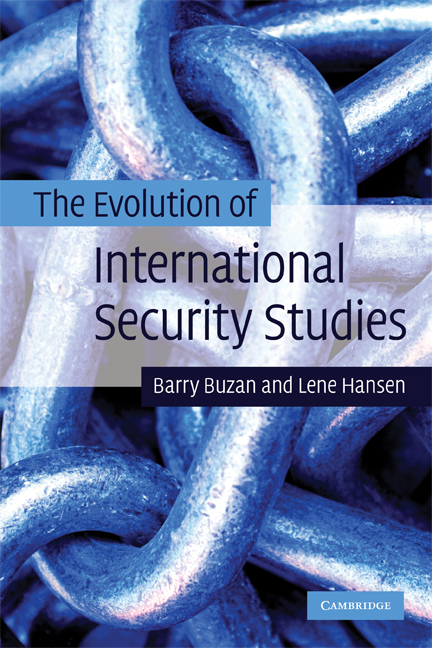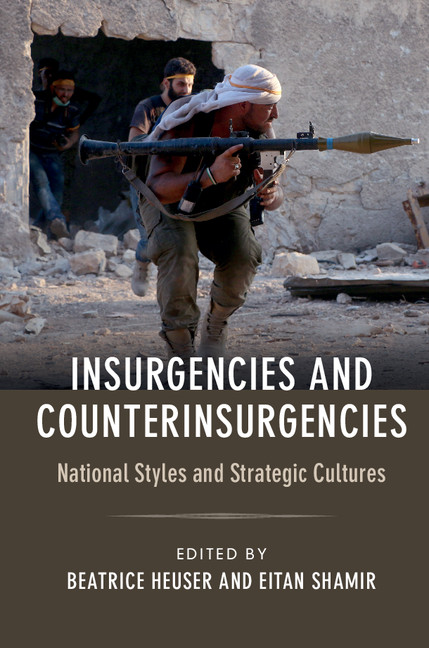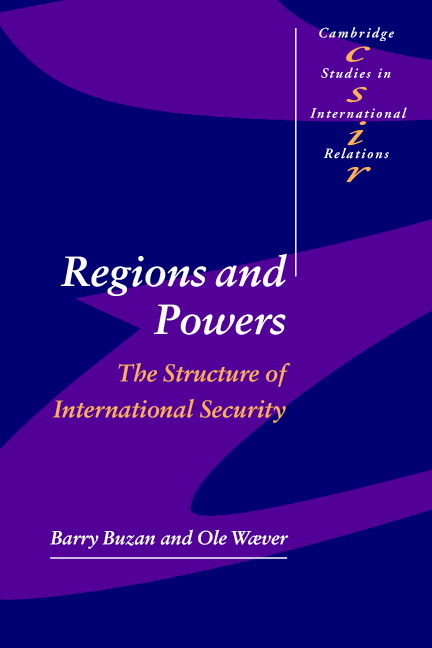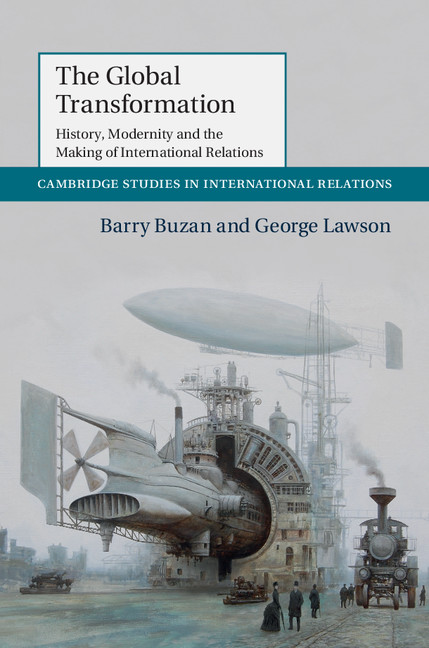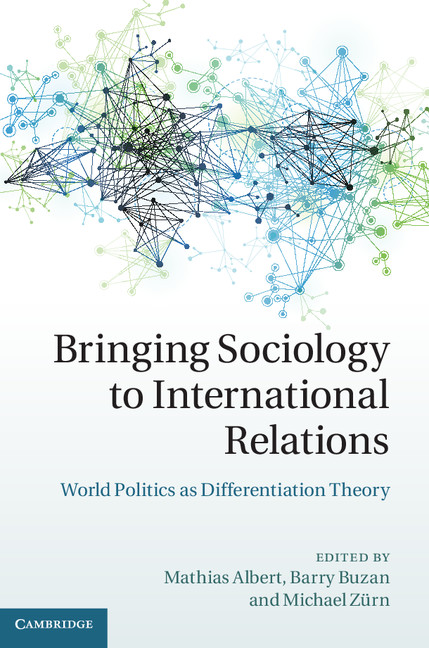The Evolution of International Security Studies
International Security Studies (ISS) has changed and diversified in many ways since 1945. This book provides the first intellectual history of the development of the subject in that period. It explains how ISS evolved from an initial concern with the strategic consequences of superpower rivalry and nuclear weapons, to its current diversity in which environmental, economic, human and other securities sit alongside military security, and in which approaches ranging from traditional Realist analysis to Feminism and Post-colonialism are in play. It sets out the driving forces that shaped debates in ISS, shows what makes ISS a single conversation across its diversity, and gives an authoritative account of debates on all the main topics within ISS. This is an unparalleled survey of the literature and institutions of ISS that will be an invaluable guide for all students and scholars of ISS, whether traditionalist, ‘new agenda’ or critical.
- The first book to tell the post-1945 story of International Security Studies and offer an integrated historical sociology of the whole field
- Opens the door to a long-overdue conversation about what ISS is and where it should be going
- Provides a detailed institutional account of ISS in terms of its journals, departments, think tanks and funding sources
Reviews & endorsements
“In this important new contribution to International Security Studies (ISS), Barry Buzan and Lene Hansen provide the field’s first disciplinary history…The book offers a very broad approach to the field that incorporates traditionalists, those who call for the widening and deepening of security on the one hand, and those, such as peace researchers and advocates of critical security studies, who have sometimes criticized the whole endeavour of ISS or its associate, Strategic Studies, on the other. This approach helps capture and contextualize the field and identify some surprising elements of continuity and overlap.”
Alex J. Bellamy, The University of Queensland, Australia, International Affairs
“A rich text drawing on an extraordinarily wide range of materials to answer key questions in the debate on international security in the contemporary academic world: what should be part of International Security Studies, what should not, and why? This is a volume that will provoke enormous debate wherever international security is researched and taught, and is sure to become a keynote contribution to the literature.”
Stuart Croft, Professor of International Security, Warwick University
“The Evolution of International Security Studies takes an amazing intellectual journey around the rich, variegated and sometimes surprising stories about security that IR –all of it! – tells. An astonishing achievement.”
Christine Sylvester, Lancaster University
“The Evolution of International Security Studies is more than a comprehensive survey of a vast and contentious body of thought; it is also a lucid and insightful analysis of the forces that have shaped the field and the strengths and weaknesses of different approaches. Buzan and Hansen are scrupulously fair-minded and their book is a model of clear and elegant exposition. It will be of enormous value to students and of considerable interest to established scholars as well.”
Stephen M. Walt, John F. Kennedy School of Government, Harvard University
Product details
September 2009Paperback
9780521694223
398 pages
228 × 152 × 18 mm
0.64kg
4 tables
Available
Table of Contents
- Introduction
- 1. Defining International Security Studies
- 2. The key questions in International Security Studies: the state, politics and epistemology
- 3. The driving forces behind the evolution of International Security Studies
- 4. Strategic studies, deterrence and the Cold War
- 5. The Cold War challenge to national security
- 6. International Security Studies post-Cold War: the traditionalists
- 7. Widening and deepening security
- 8. Responding to 9/11: a return to national security?
- 9. Conclusions.

